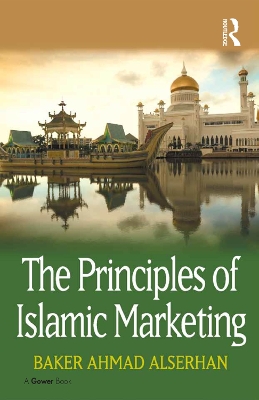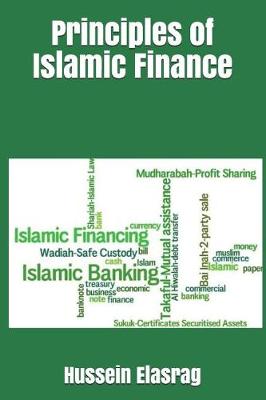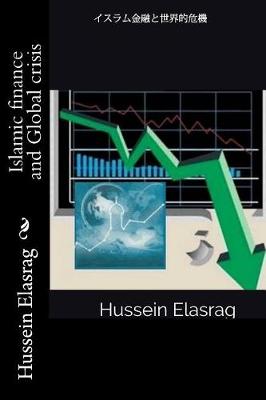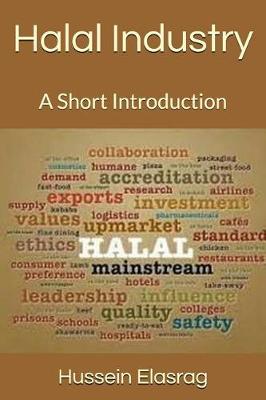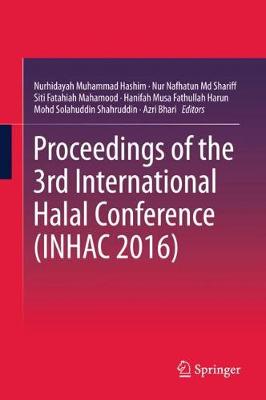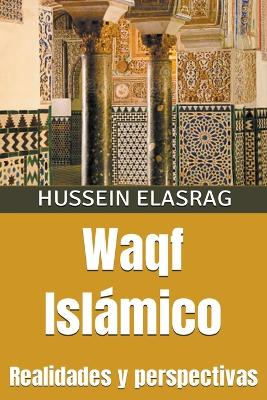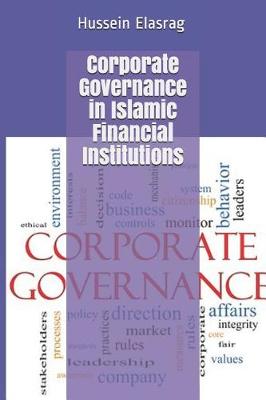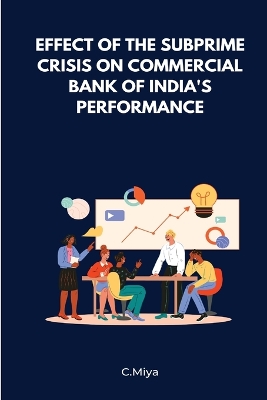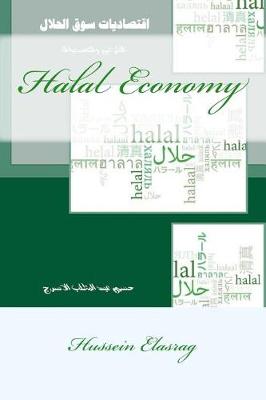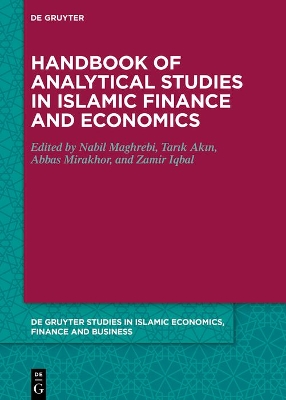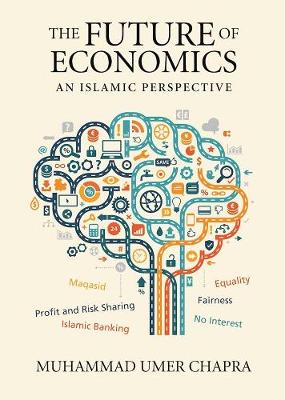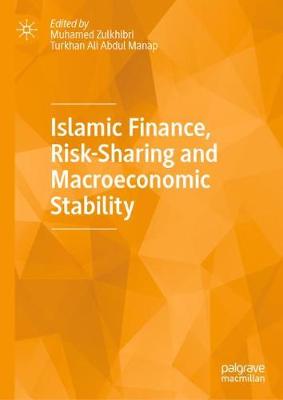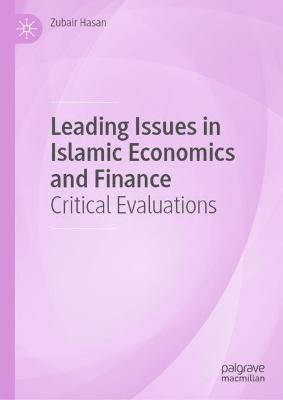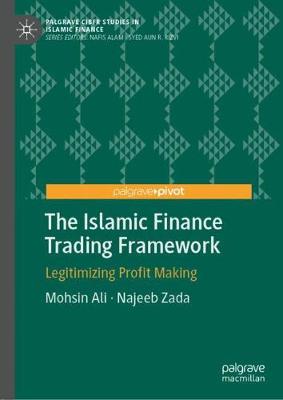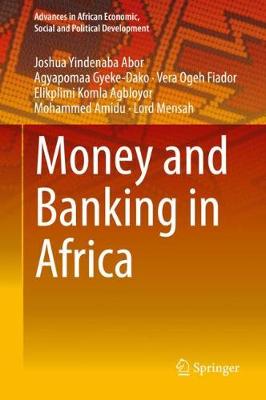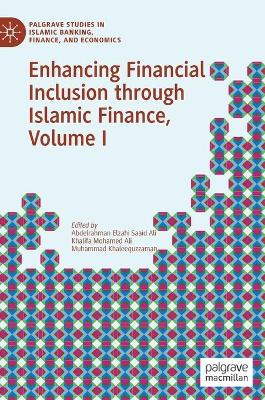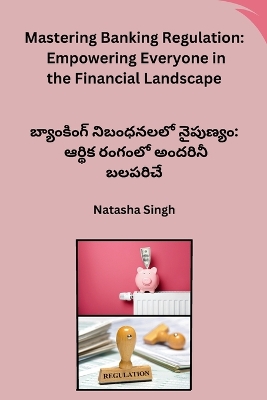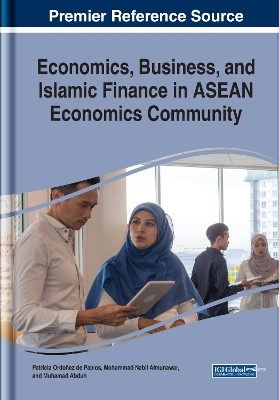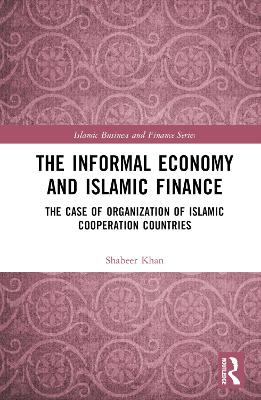Islamic Banking and Finance in Asia (Wiley Finance)
by Dr. Angelo M. Venardos
This book continues to track the Islamic banking and finance developments in South East Asia, paying particular attention to new market developments, new products, new government interest/initiatives. The initial wait-and-see attitude has given way to applying banking and financial tools as countries realize the advantages and functionality of an Islamic banking system. This book will reveal the growing interest from predominantly non-Muslim countries as they embark on developing an Islamic bank...
The Principles of Islamic Marketing fills a gap in international business literature covering the aspects and values of Islamic business thought. It provides a framework and practical perspectives for understanding and implementing the Islamic marketing code of conduct. It is not a religious book. The Islamic Economic System is a business model adopted by nearly one quarter of the world’s population. Baker Alserhan identifies the features of the Islamic structure of International Marketing prac...
Globalization and Islamic Finance (Wiley Finance, #737)
by Hossein Askari, Zamir Iqbal, and Abbas Mirakhor
This is an extremely valuable book written by three highly qualified scholars whose credentials for writing such a book are difficult to match. The timing of the book is also perfect, having come at a time when the worst financial crisis in living memory has intensified the quest for reform of the international architecture. The proposals made by the authors should go a long way in not only reforming the system but also in accelerating the move towards financial globalization and convergence of...
The Art of Islamic Banking and Finance (Wiley Finance, #504)
by Yahia Abdul-Rahman
Proceedings of the 3rd International Halal Conference (INHAC 2016)
This book contains selected papers which were presented at the 3rd International Halal Conference (INHAC 2016), organized by the Academy of Contemporary Islamic Studies (ACIS), Universiti Teknologi MARA (UiTM) Shah Alam, Malaysia. It addresses halal-related issues that are applicable to various industries and explores a variety of contemporary and emerging issues. Highlighting findings from both scientific and social research studies, it enhances the discussion on the halal industry (both in Mal...
Unlocking the Potential of Islamic Finance for Small Business
by Hussein Elasrag
Corporate Governance in Islamic Financial Institutions
by Hussein Elasrag
Effect of the Subprime Crisis on Commercial Bank of India's Performance
by C Miya
This handbook offers a unique and original collection of analytical studies in Islamic economics and finance, and constitutes a humble addition to the literature on new economic thinking and global finance. The growing risks stemming from higher debt, slower growth, and limited room for policy maneuver raise concerns about the ability and propensity of modern economies to find effective solutions to chronic problems. It is important to understand the structural roots of inherent imbalance, persi...
Contracts and Deals in Islamic Finance (Wiley Finance)
by Hussein Kureshi and Mohsin Hayat
A very accessible and concise guide to Islamic finance Contracts and Deals in Islamic Finance provides a clear breakdown of Islamic financial contracts and deal structures for beginners. The embedded requirements within selected Islamic financial contracts, such as risk weightage, capital structures, creations of cash flows, and balance sheets, are explained fully to provide a solid understanding of the backbone of the industry. Aimed primarily at beginners and those with a background in conven...
THE FUTURE OF ECONOMICS: AN ISLAMIC PERSPECTIVE raises and tries to answer a number of crucial questions about economics. One of these pertains to the primary task of economics - is it just to analyze and predict or is it also to help a society actualize its vision? If realization of the vision is important, then there arises the question of what is the difference between the visions of Islam and conventional economics? Is it possible for economics to help realize the Islamic vision by taking in...
Islamic Finance, Risk-Sharing and Macroeconomic Stability
The concept of risk-sharing in financial and social contracts is one of the unique features of Islamic finance. Many theoretical studies generally claim superiority of an Islamic financial system based on pure equity and participatory modes of financing, while empirical studies provide mixed results. Studies and discussions are needed to fully understand how Islamic finance could contribute to the ongoing discussion of financial stability. Against this background, this book addresses various asp...
The book discusses leading issues in Islamic economics and finance that continue to remain in a fluid, non-consensual state in the profession. It examines the nature and significance of Islamic economics. The book deals with the mainstream topics including growth, environment, distributive justice, monetary policy, risk treatment, methodology and Basel Accords to rehabilitate them for the Islamic discipline within the framework of scarcity, self-interest and gain maximization. Further, it explor...
The Islamic Finance Trading Framework (Palgrave CIBFR Studies in Islamic Finance)
by Mohsin Ali and Najeeb Zada
This book discusses the Islamic finance trading framework. It compares and contrasts conventional trading frameworks with Sharia compliant trading frameworks, explores trading under Islamic commercial law, trading practices and financial transactions prohibited under Islamic law, and profit making in Islam. In addition, it addresses related issues in government interventions, market structure, and business ethics and will be of interest to academics, researchers, and students of Islamic finance...
This book presents a holistic exploration of the banking systems in Africa. Considering the central role that banks play in most developing countries and the vastly different trends and challenges they face, the book provides a crucial understanding of the specific environments in which banks operate. It addresses specific banking issues relevant to developing countries in general and Africa in particular, and explores the various dynamics of money and banking that separate Africa from the rest...
This book, the first of two volumes, highlights the concept of financial inclusion from the Islamic perspective. An important element of the Sustainable Development Goals (SDGs), financial inclusion has been given significant prominence in reform and development agendas proposed by the United Nations and G-20. The significance of Islamic financial inclusion goes beyond improved access to finance to encompass enhanced access to savings and risk mitigation products, as well as social inclusion...
The economic integration of Southeast Asia or ASEAN Economic Community (AEC) offers enormous opportunities for its members to develop and collectively collaborate with other economies. Combining the culture of the region with global business in an expanding digital atmosphere, however, has caused numerous challenges on an international scale. Due to the importance of this economic player in Asia, research on key topics including Islamic economics, Islamic finance, technology, and cultural issues...
The Informal Economy and Islamic Finance (Islamic Business and Finance)
by Shabeer Khan
The characteristics, nature, determinants, and size of the informal economy differ from country to country. While much research has been carried out in the context of advanced economies, less attention has been given to developing countries, especially those in the Organisation of Islamic Cooperation (OIC) nations. This is one of the first books to investigate Islamic finance’s stance on the informal economy and to discuss it from an OIC perspective. It covers the various definitions, historica...

